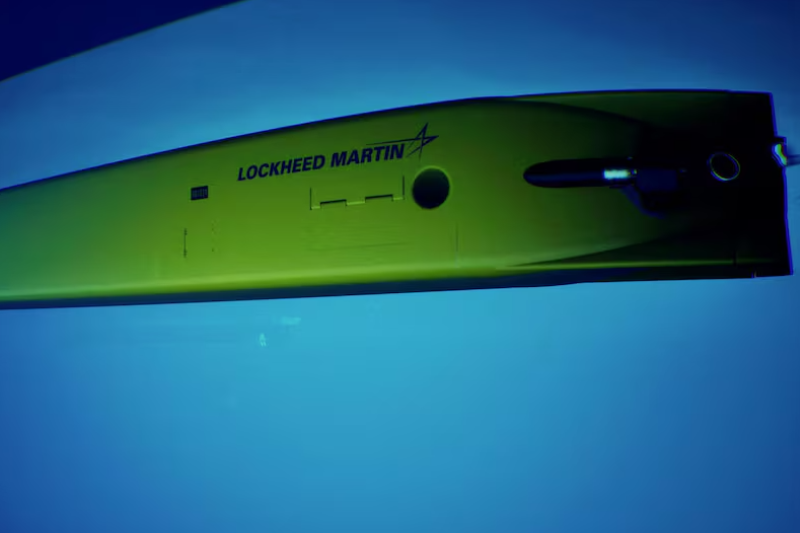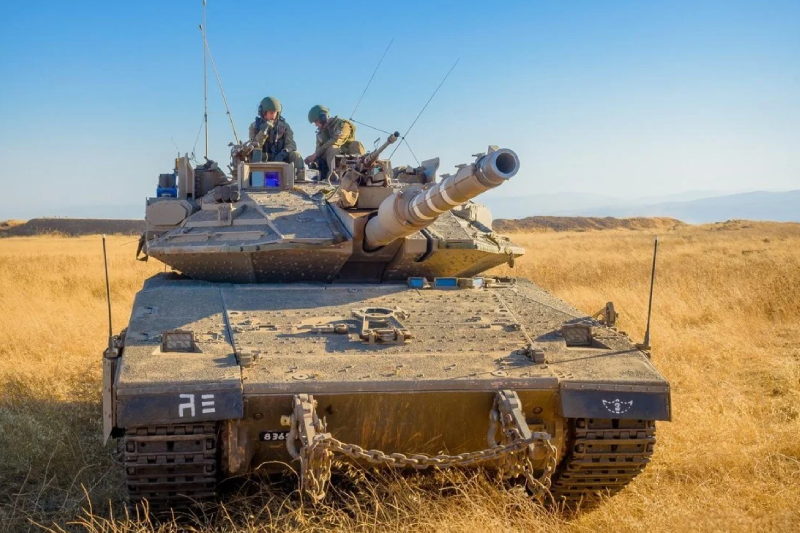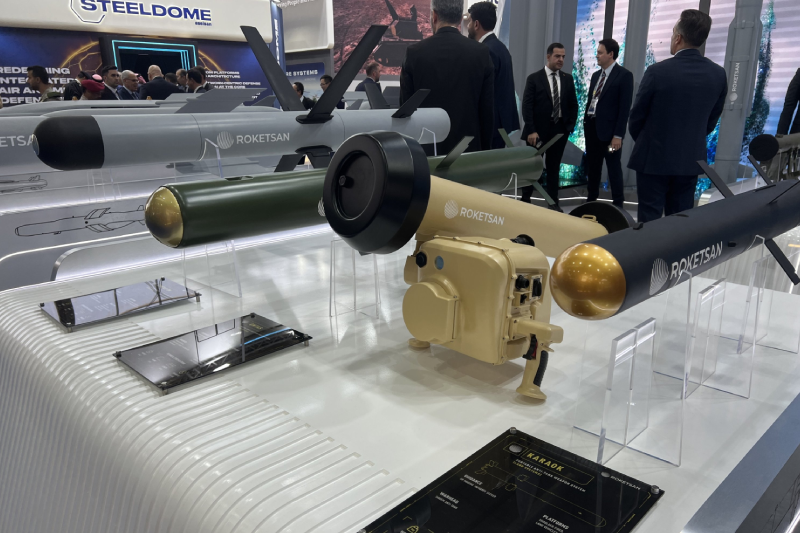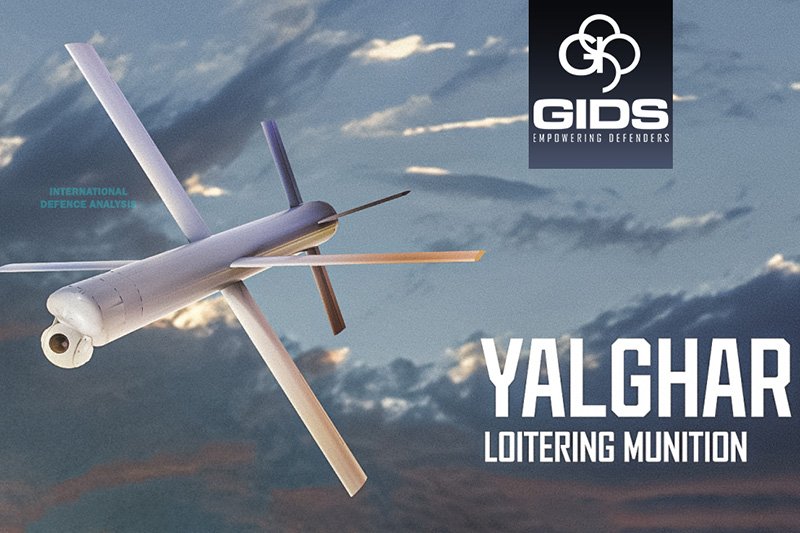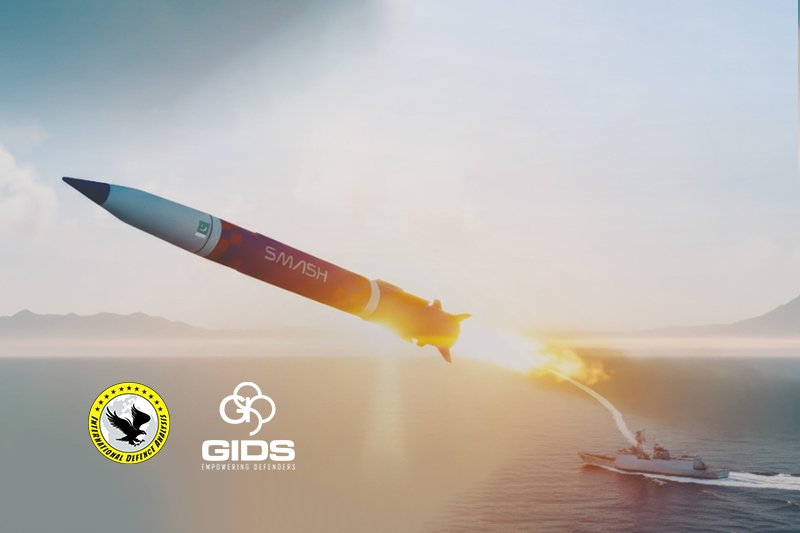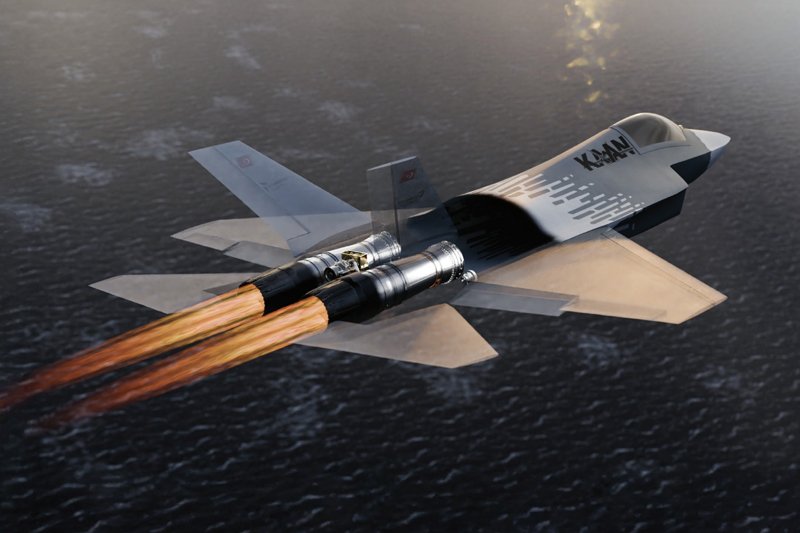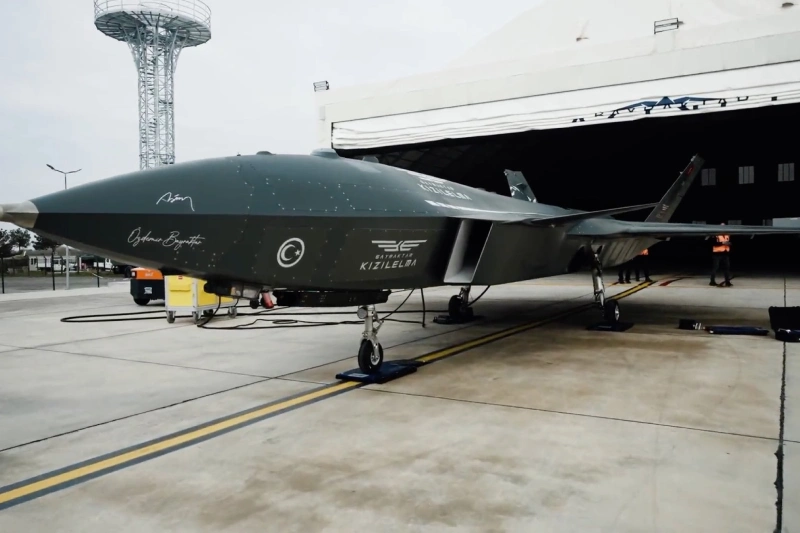Turkish Drone CEO Predicts Shift To Unmanned Systems
Turkiye leading drone manufacturer Baykar is positioning itself at the forefront of a revolutionary transformation in military aviation. CEO Haluk Bayraktar recently outlined his vision for the future of aerial warfare, predicting that unmanned systems will eventually replace traditional manned fighter jets worldwide, fundamentally reshaping modern defense strategies and international military cooperation.
Unmanned Technology Set to Replace Jets
Bayraktar envisions a dramatic shift in military aviation, suggesting that all 13,000 manned fighter jets currently operational worldwide will eventually transition to unmanned platforms. This includes Russian, Chinese, American, and other international fighter aircraft systems that form the backbone of global air forces. The Baykar CEO emphasizes that this transformation represents more than a simple one-to-one replacement, predicting that three to five unmanned platforms may replace each traditional manned fighter jet.
This revolutionary change will create what Bayraktar describes as “crowded airspace” filled with various unmanned systems, including unmanned fighters, smaller first-person view drones, and sophisticated loitering munitions. The transition reflects the inherent advantages of unmanned systems, which allow for easier innovation integration and deployment of cutting-edge technology compared to more conservative manned aircraft development approaches.
Kızılelma Jet Drives Innovation
Baykar’s flagship unmanned fighter jet, Kızılelma, represents a significant milestone in Turkey’s defense technology advancement. Having completed its maiden flight in 2022, Bayraktar characterizes this achievement as “a revolution” in military aviation. The Kızılelma project demonstrates Turkey’s growing capabilities in developing sophisticated unmanned combat systems independently, positioning the country as a major player in next-generation military technology.
The Kızılelma unmanned fighter jet incorporates advanced artificial intelligence systems designed to assist with command delegation and various operational aspects. This AI integration represents a crucial step toward fully autonomous military aircraft capable of complex decision-making in dynamic combat environments. Additionally, the aircraft features short-runway takeoff and landing capabilities, enabling deployment from aircraft carriers and expanding operational flexibility significantly.
Strategic Deal with Leonardo Signed
Baykar’s expansion into Western markets includes a strategic partnership with Italian defense giant Leonardo, with plans to establish a joint venture that will bring field-proven unmanned systems to broader international markets. This collaboration leverages Leonardo’s strong European presence and critical subsystem manufacturing capabilities, creating synergies that complement Baykar’s proven drone technology and global operational experience.
The joint venture represents significant potential for expanding robust unmanned systems throughout Europe and other markets where Leonardo maintains established presence, including South America. Bayraktar emphasizes that Europe currently lacks mature alternatives to Baykar’s proven unmanned systems, positioning this partnership as strategically advantageous for both companies and European defense capabilities.
Global Expansion and Production Capabilities
Baykar has emerged as the world’s largest drone manufacturer, maintaining partnerships with 38 international partners spanning Europe, NATO countries, Turkic nations, Africa, and the Middle East. Among NATO allies, the company has established partnerships with Poland, Romania, Kosovo, and Croatia, while also supplying Turkey’s military, law enforcement, and disaster relief agencies with advanced unmanned systems.
The company’s production capabilities reflect its global market leadership, manufacturing 250 Bayraktar TB2 unmanned combat aerial vehicles annually alongside 50 Akıncı UCAVs. Baykar is actively expanding production capacity to support increased demand as the Bayraktar TB3 UCAV and Kızılelma unmanned fighter jet transition from development phases to full-scale production and deployment.
Also read this: Bayraktar TB3 Achieves AI-Powered Carrier Takeoff & Landing
Unmanned Aircraft Integration
While Bayraktar doesn’t envision Kızılelma primarily as a loyal wingman to Turkey’s fifth-generation Kaan fighter jet, he acknowledges potential for integrated operations in high-risk environments. The Kaan represents Turkey’s national manned fighter program developed by Turkish Aerospace Industries with government funding, while Kızılelma remains Baykar’s independent design and development project.
This distinction highlights the complementary nature of Turkey’s dual approach to advanced military aviation, combining government-funded traditional fighter development with private sector innovation in unmanned systems. Both platforms contribute to Turkey’s growing defense industry capabilities and technological independence in critical military systems development and production.
Keep connected with us at Facebook, Twitter, YouTube, Instagram & TikTok for latest defense happening around the globe.
Discover more from International Defence Analysis
Subscribe to get the latest posts sent to your email.



